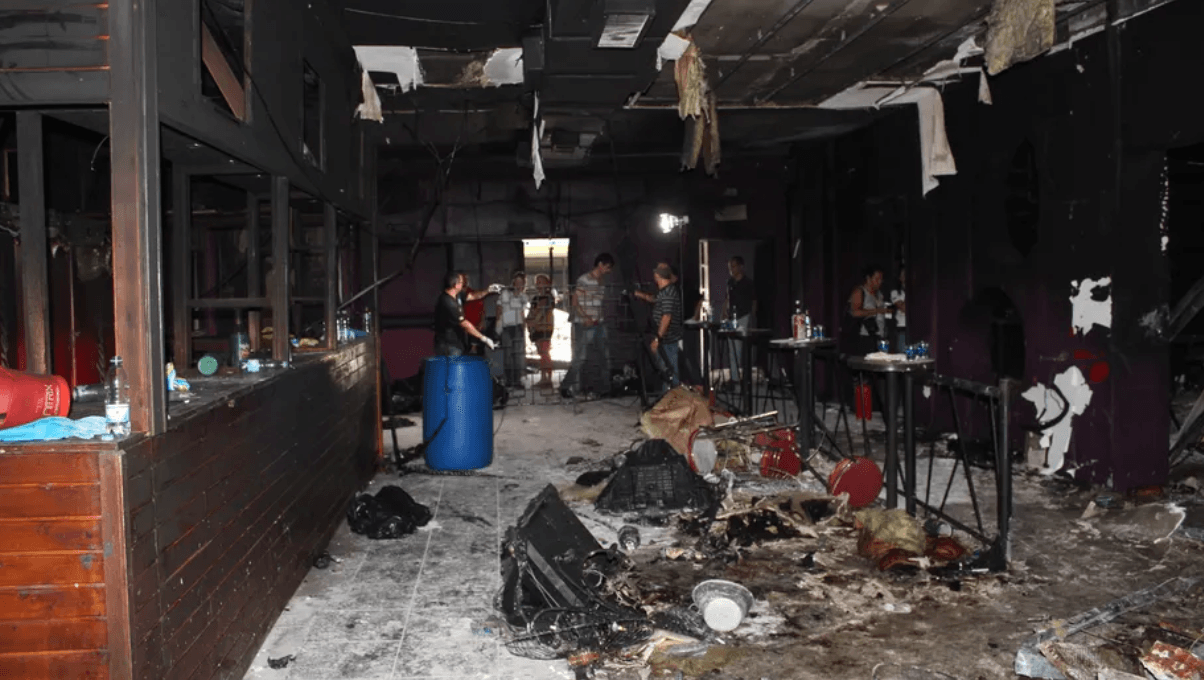Trump Administration Rallies to Defend National Security Officials Amid Signal Scandal
The Trump administration’s loyalists are closing ranks to shield top national security officials from potential dismissal following the recent Signal messaging scandal, according to insiders speaking to Axios.
Why This Matters
Democrats and critics are pushing for the removal of National Security Advisor Mike Waltz over the controversy. However, sources suggest that this opposition could actually bolster Waltz’s chances of remaining in his position. Four senior administration officials and four external advisers indicated their belief that the uproar will soon dissipate.
“We don’t care what the media says,” a Trump adviser remarked. “We can handle controversies that would cripple other administrations. This will pass.”
A senior White House official added, “Trump wasn’t thrilled, but the speculation about Waltz’s removal is premature. This is just a classic Washington feeding frenzy. Giving in to public pressure isn’t how we operate.”
The Controversy
The incident in question involved Waltz inadvertently adding Jeffrey Goldberg, editor-in-chief of The Atlantic, to a Signal group chat named “Houthi PC small group,” used by the National Security Council’s (NSC) top officials. The group chat, which included more than a dozen senior Trump administration officials, discussed classified military plans.
Goldberg reported that he was mistakenly exposed to messages containing sensitive information, including detailed war plans for U.S. strikes on Houthi militants in Yemen. According to him, the messages outlined weapons packages, target details, and precise attack sequences.
Fallout and Defense
Despite the fallout, Trump’s inner circle remains defiant. Defense Secretary Pete Hegseth allegedly shared operational details within the chat, further fueling criticism. However, Trump’s supporters argue that the administration’s resilience will see it through this scandal.
For now, the administration is betting on the controversy fading with time, leaving Waltz and others untouched by the backlash. Time will tell whether their confidence is justified.

Via: CNN



